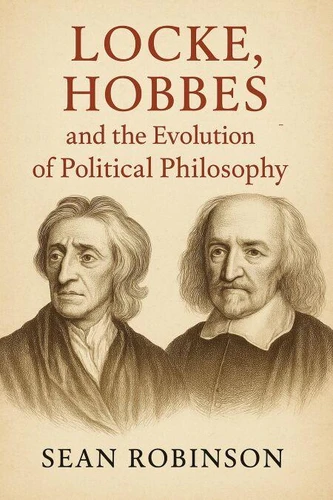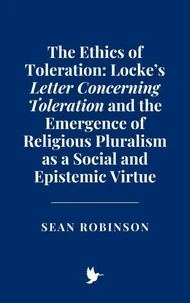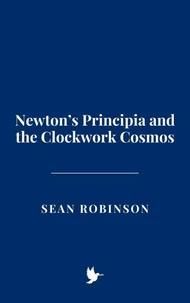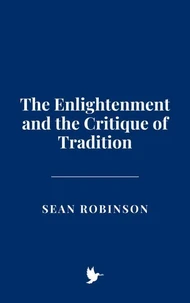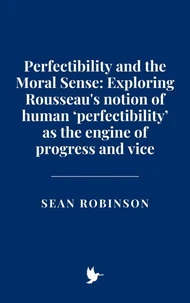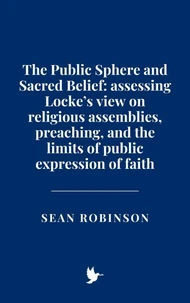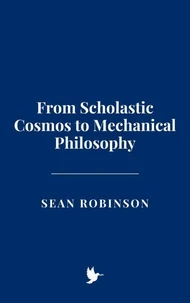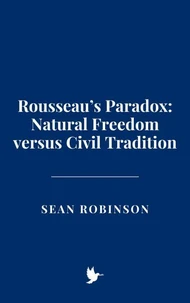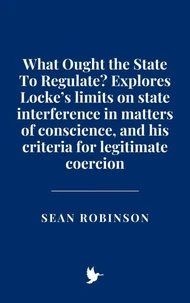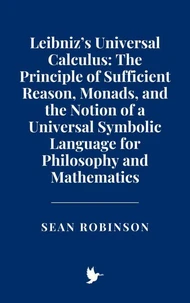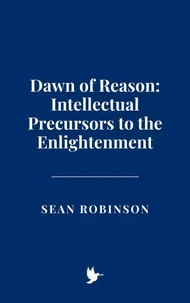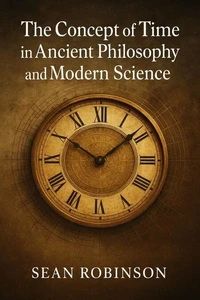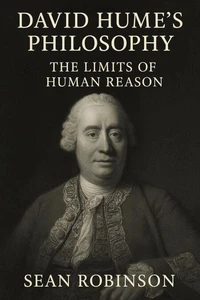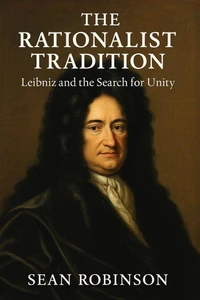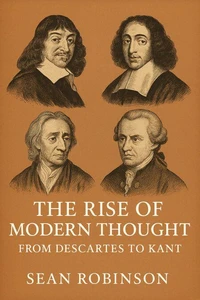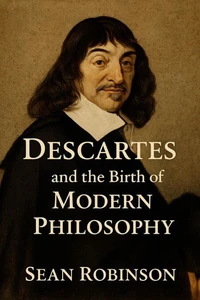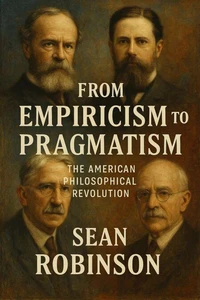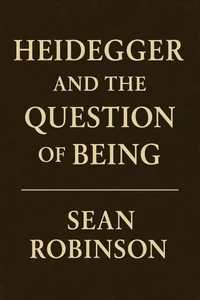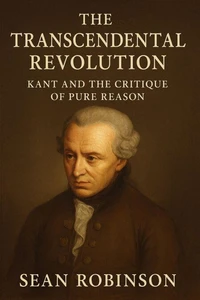Locke, Hobbes, and the Evolution of Political Philosophy
Par :Formats :
Disponible dans votre compte client Decitre ou Furet du Nord dès validation de votre commande. Le format ePub est :
- Compatible avec une lecture sur My Vivlio (smartphone, tablette, ordinateur)
- Compatible avec une lecture sur liseuses Vivlio
- Pour les liseuses autres que Vivlio, vous devez utiliser le logiciel Adobe Digital Edition. Non compatible avec la lecture sur les liseuses Kindle, Remarkable et Sony
 , qui est-ce ?
, qui est-ce ?Notre partenaire de plateforme de lecture numérique où vous retrouverez l'ensemble de vos ebooks gratuitement
Pour en savoir plus sur nos ebooks, consultez notre aide en ligne ici
- FormatePub
- ISBN8230539377
- EAN9798230539377
- Date de parution16/04/2025
- Protection num.pas de protection
- Infos supplémentairesepub
- ÉditeurIndependently Published
Résumé
Locke, Hobbes, and the Evolution of Political Philosophy by Sean Robinson explores the contrasting political theories of two of history's most influential philosophers: Thomas Hobbes and John Locke. This book delves into the core ideas presented in Hobbes' Leviathan and Locke's Two Treatises of Government, examining how their views on human nature, the role of government, and the rights of individuals shaped the political landscape of the 17th century and laid the foundations for modern political systems.
Hobbes, in his response to the chaos of the English Civil War, argued for a powerful, absolute sovereign as the only solution to the disorder of the "state of nature, " where human beings were driven by fear and self-interest. Locke, in contrast, rejected Hobbes' authoritarian model, advocating instead for government as a protector of natural rights and emphasizing the importance of consent and limited government.
Through a comparative analysis, this book highlights how Hobbes' vision of authority and order informed the development of political realism, while Locke's ideas gave rise to liberalism, constitutionalism, and democratic thought. The book also explores their profound influence on the American and French Revolutions, as well as their enduring impact on modern democratic theory, the rights of individuals, and debates about government power.
With a clear focus on historical context, primary sources, and philosophical analysis, Locke, Hobbes, and the Evolution of Political Philosophy offers readers an in-depth understanding of the intellectual foundations that continue to shape political thought today.
Hobbes, in his response to the chaos of the English Civil War, argued for a powerful, absolute sovereign as the only solution to the disorder of the "state of nature, " where human beings were driven by fear and self-interest. Locke, in contrast, rejected Hobbes' authoritarian model, advocating instead for government as a protector of natural rights and emphasizing the importance of consent and limited government.
Through a comparative analysis, this book highlights how Hobbes' vision of authority and order informed the development of political realism, while Locke's ideas gave rise to liberalism, constitutionalism, and democratic thought. The book also explores their profound influence on the American and French Revolutions, as well as their enduring impact on modern democratic theory, the rights of individuals, and debates about government power.
With a clear focus on historical context, primary sources, and philosophical analysis, Locke, Hobbes, and the Evolution of Political Philosophy offers readers an in-depth understanding of the intellectual foundations that continue to shape political thought today.
Locke, Hobbes, and the Evolution of Political Philosophy by Sean Robinson explores the contrasting political theories of two of history's most influential philosophers: Thomas Hobbes and John Locke. This book delves into the core ideas presented in Hobbes' Leviathan and Locke's Two Treatises of Government, examining how their views on human nature, the role of government, and the rights of individuals shaped the political landscape of the 17th century and laid the foundations for modern political systems.
Hobbes, in his response to the chaos of the English Civil War, argued for a powerful, absolute sovereign as the only solution to the disorder of the "state of nature, " where human beings were driven by fear and self-interest. Locke, in contrast, rejected Hobbes' authoritarian model, advocating instead for government as a protector of natural rights and emphasizing the importance of consent and limited government.
Through a comparative analysis, this book highlights how Hobbes' vision of authority and order informed the development of political realism, while Locke's ideas gave rise to liberalism, constitutionalism, and democratic thought. The book also explores their profound influence on the American and French Revolutions, as well as their enduring impact on modern democratic theory, the rights of individuals, and debates about government power.
With a clear focus on historical context, primary sources, and philosophical analysis, Locke, Hobbes, and the Evolution of Political Philosophy offers readers an in-depth understanding of the intellectual foundations that continue to shape political thought today.
Hobbes, in his response to the chaos of the English Civil War, argued for a powerful, absolute sovereign as the only solution to the disorder of the "state of nature, " where human beings were driven by fear and self-interest. Locke, in contrast, rejected Hobbes' authoritarian model, advocating instead for government as a protector of natural rights and emphasizing the importance of consent and limited government.
Through a comparative analysis, this book highlights how Hobbes' vision of authority and order informed the development of political realism, while Locke's ideas gave rise to liberalism, constitutionalism, and democratic thought. The book also explores their profound influence on the American and French Revolutions, as well as their enduring impact on modern democratic theory, the rights of individuals, and debates about government power.
With a clear focus on historical context, primary sources, and philosophical analysis, Locke, Hobbes, and the Evolution of Political Philosophy offers readers an in-depth understanding of the intellectual foundations that continue to shape political thought today.

